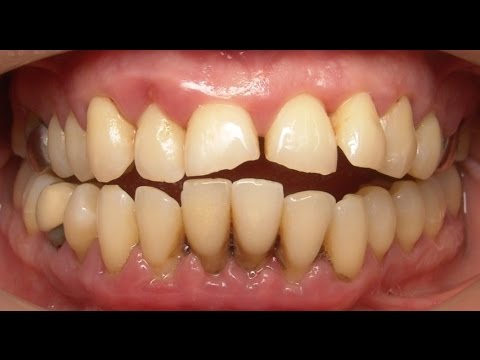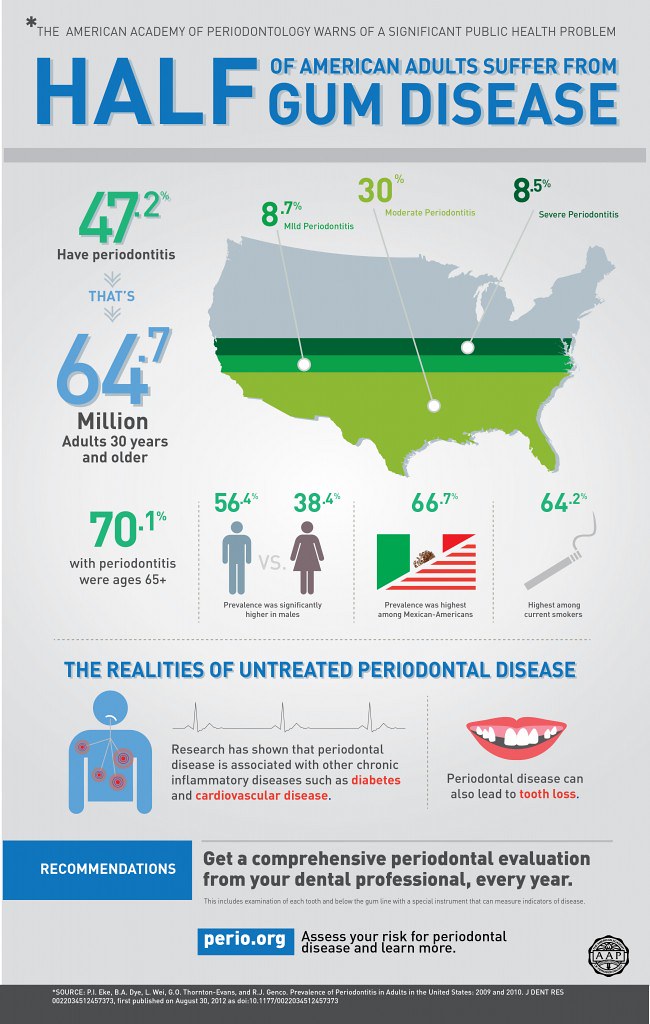
Glossitis is an inflammation of the gums. This condition occurs when the inner and outer coating of the teeth become inflamed or thickened with food particles and other foreign matter. The condition usually causes the gums to swell in size, develop a yellowish color, and change in appearance on the surface.
The gums are the soft, protective tissue in your mouth that helps you chew food and drink fluids well. The gums are also responsible for protecting the structure of your teeth. It also prevents bacterial contamination of the mouth. The gums are made up of two types of tissue; dentin and periodontium.
Dentin is made up of three types of proteins that protect enamel, supply nutrients and act as conductors for moisture, food and bacteria. These proteins are made up of a chain of amino acids called tRNAs. As bacteria grow on the outer lining of teeth, they eventually damage these proteins and cause inflammation.
As bacteria spread through the mouth, they cause periodontal disease and gum disease. If left untreated, it will lead to bleeding and swelling, which can cause pain and make it difficult to eat. This condition can also cause gum disease if not properly treated.
Inflammation occurs when too many food particles, bacteria, saliva, or food are left behind after eating. If you don't brush your teeth properly, bacteria and plaque build up on your teeth. When bacteria spreads to the gums, they cause inflammation and soreness.
There is no known cure for gum disease and there is no specific treatment available today. Treatments that have been approved by the FDA to reduce inflammation include antiseptics, antibacterial drugs, and corticosteroids. However, there is no evidence that these treatments have any long term effects on gum disease. You can try to prevent the occurrence of inflammation through proper brushing and flossing and other natural measures.
If your gums are infected with gum disease and if you do not visit your dentist regularly, it's best that you get a recommendation from a dental care provider. They can perform tests that can determine if you have gum disease.

The main goal of treatment should be prevention of gum disease by maintaining good oral hygiene measures
You can also use gum shields, which help to reduce inflammation. the inflammation in your mouth.
A good way to stop inflammation is to maintain a good oral hygiene routine. A good oral hygiene routine is the process of brushing, flossing, and visiting your dentist for regular checkups. You should brush your teeth twice daily and floss once a day and visit your dentist for a cleaning at least twice a year.
A good oral hygiene program should include brushing the teeth thoroughly using a brush at least twice a day. This will remove the plaque and food particles that accumulate on the teeth and gums. Brushing and flossing will remove the tartar that can be caused by food particles left behind by food that you have consumed or food that is stuck between the teeth.
Gum shields are also used to protect your gums from inflammation and promote healing. Most of these products are available in drugstores and are safe and inexpensive.
Anti-inflammatory medications such as indomethacin are available over the counter and can help to reduce inflammation. However, it is important that you consult a doctor before taking anti-inflammatories.
Periodontal disease is a chronic condition and it can lead to periodontal disease if it is not treated. If you have symptoms such as redness, swelling, bleeding or an open wound, it is important to consult your dentist. Periodontal disease is a common cause of inflammation and gingivitis. To prevent gingivitis, proper oral hygiene should be maintained.

